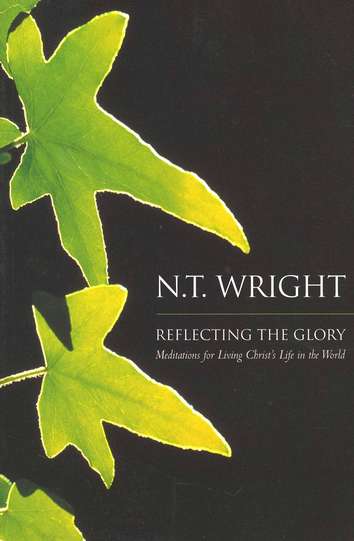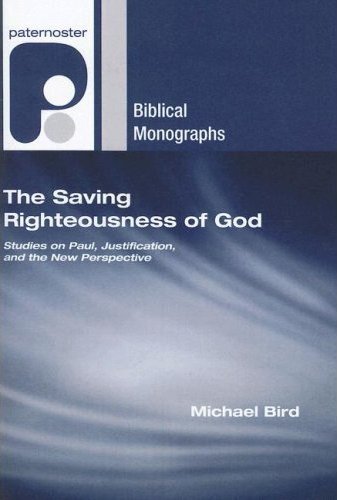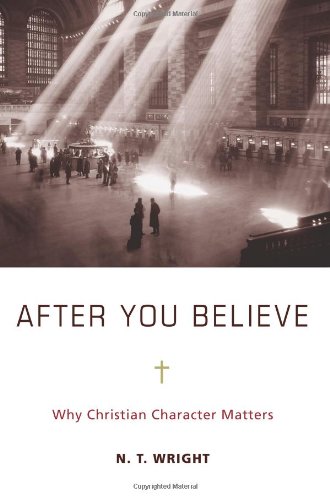
In a couple weeks, our church is starting a new series of messages in which we are planning to preach through the whole Bible. Ambitious, I know.
How much time would you guess we have given ourselves to complete this little project?
Ten years? Three years? One year?
How about a little over three months? Ok, so what sounded “ambitious” now sounds plain dumb. Obviously, we aren’t planning to cover every single verse. We’ll be skipping whole chapters. Most of our favorite Bible stories will remain untold. No Joseph and his colorful coat. No Samson. No David and Goliath or Bathsheba (why do we love that story so much). In fact, whole books are going to be left untouched. Leviticus, Ruth, Esther, Job, Psalms, Proverbs, Ecclesiastes, Song of Songs, most of the prophets, to name a few.
So where do we get the nerve to think that we are preaching through the Bible in any meaningful way? Well, if preaching through the Bible means detailed analysis of every single verse, then we are going to fail… epically so. No, our aim is something paradoxically less and more.
Our intent and hope is that we would know the story of the Bible. The overall flow. The narrative of God.
Not just our favorite stories. Not the Ten Commandments. Nor Psalm 23, the Lord’s prayer, and John 3:16.
Think more forest and less trees.
The truth is that people are better equipped to explain what the Harry Potter series is about than what the Bible is about. There are reasons for that being the case, and I’m not going to take the time to delve into all that. But needless to say, we think that becoming familiar with the grand narrative of God’s activity in human history is a worthwhile use of our time on Sunday mornings. Not just for pastors, but for everyone who would seek to faithfully live out that story.
I’m all for sustained rigorous systematic study of the Scriptures. I’ve given a good chunk of my life to it, and I think probably more people should than do. But we are talking about knowing and living the story of God faithfully in our age. It would be possible to commit ourselves to knowing the details of God’s word and miss the point of what Scripture is about and for in the first place.
So with a series of messages looming large on the horizon, I’ve been thinking (again) about how we engage the Scriptures and how they are meant to function in our lives. Really, this whole post has been just a lengthy introduction to some insights from a certain familiar British New Testament scholar. A few months ago, I read his book entitled Scripture and the Authority of God, and I was reminded of a couple things he had to say.
We read scripture in order to be refreshed in our memory and understanding of the story within which we ourselves are actors, to be reminded where it has come from and where it is going to, and hence what our own part within it ought to be.
I had a few more quotes from the book, but as is my custom I’m going to string this out over the next few days.

















